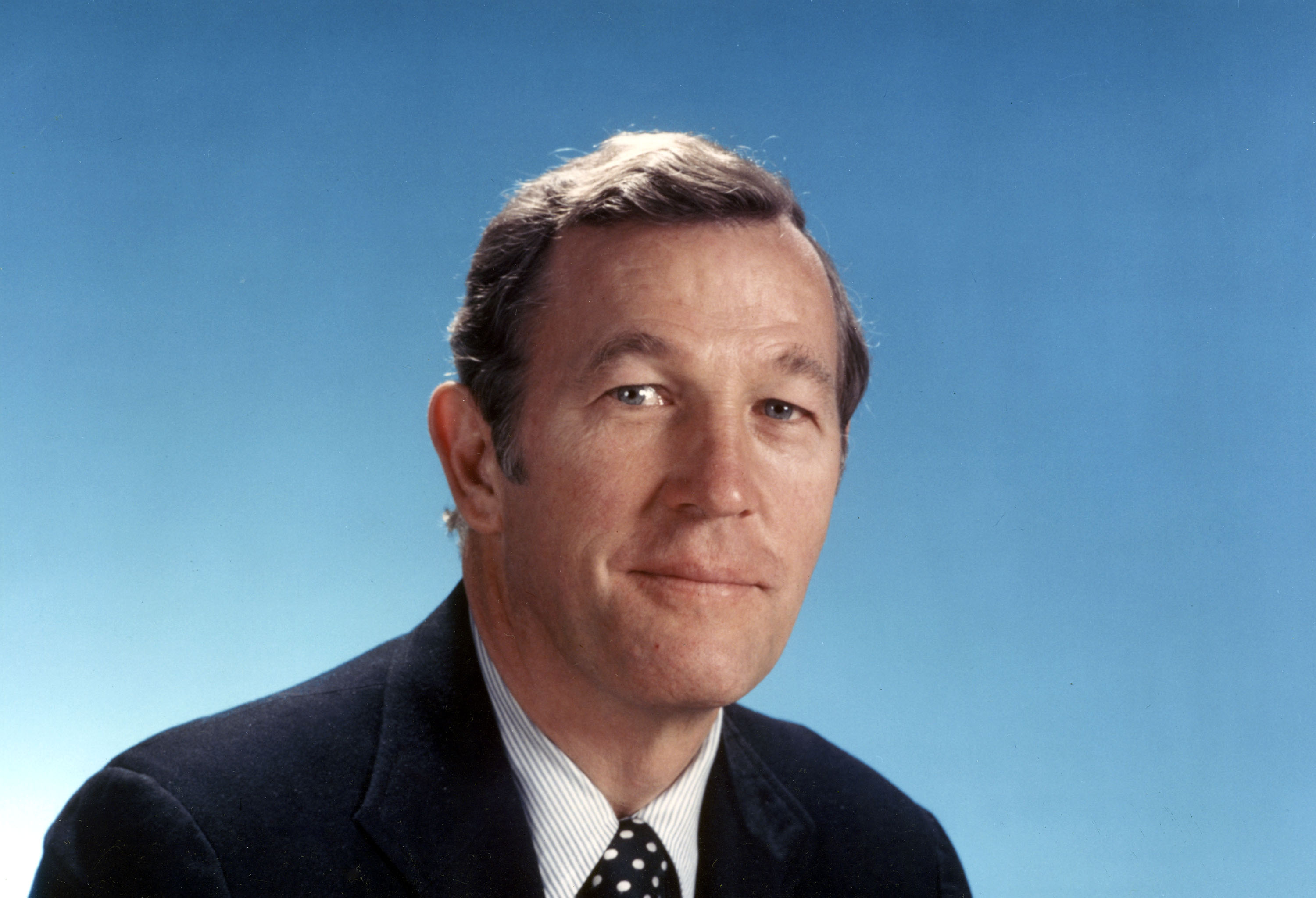
We laughed at the gentlemanly, pipe-smoking NBC bureau which sniffed at our hard-charging ways. Once in the bureau, though, believing we were the best, we tended to swagger we were aggressive we out-covered, out-wrote and out-filmed our competition. This was no hiding place or dumping ground for losers. We all felt privileged and lucky to be in the bureau but each of us knew, given the competition within and without, we wouldn't stay long if we didn't measure up. Only two were from wealthy parents.īeing assigned to the Washington bureau was never automatic it meant either you were of top network quality or showed signs of it. We were the sons and daughters of bakers, electrical engineers, ditch diggers, map makers, roofers, preachers, maids, architects, house painters, professors, coal miners, mill workers, deli owners, nurses, salesmen, bankers and manufacturers. Three or four went to the Ivy schools, a few more to private colleges but most attended the big public universities - Illinois, Indiana, Michigan State, Missouri, Wisconsin, Massachusetts, City College of New York, and Rutgers. Of the hundred or so reporters and producers who worked in the bureau during those two decades, almost all of us were college graduates. There was no news bureau like it anywhere in television or, with two or three exceptions, in print. For the latest news, follow us on Facebook, Twitter, and Instagram.During those nineteen years, five months and seven days at CBS News, working in its Washington bureau was the central experience of my life. Oscars Predictions: Best Original Screenplay - Globes Go for Sorkin, Solidifying Frontrunner Status in ScreenplayĮverything Coming to Netflix in March 2021 Oscars Predictions: Best Picture - It's Time for Oscar Voting but Could We See Just Six Nominees? He received his undergraduate degree from Washington and Lee University in 1950 and his masters in American history from the University of North Carolina in 1951. 9, 1928, Mudd graduated from Wilson High School in 1945 and enlisted in the U.S. Mudd published a memoir in 2008 called “The Place to Be: Washington, CBS and the Glory Days of Television News.” In 2010, he donated $4 million to his alma mater, Washington and Lee University, to endow a center for ethics that bears his name.īorn in Washington, D.C. Our deepest sympathies are with his family.” He had a remarkable, award-winning career in television and we are very proud to be a part of his legacy. “We will be forever grateful for his leadership and enormous contributions which helped build The History Channel brand. Roger was our first on-air anchor in the early days of The History Channel,” A+E Networks said in a statement. “All of us at A+E Networks mourn the loss of Roger Mudd. His last full-time gig was hosting the History Channel from 1995 to 2004. After leaving NBC News in 1987, he became a correspondent for the “MacNeil-Lehrer News Hour” on PBS. Mudd did stints on NBC’s “Meet the Press” with Marvin Kalb and two NBC news magazines with Connie Chung. He co-anchored “NBC Nightly News” with Tom Brokaw for a time, a nod to the post he was considered for at CBS, but was nudged out as NBC News sought to keep Brokaw happy and get better ratings for the broadcast.

The Massachusetts senator seemed unprepared for a simple question: “Senator, why do you want to be president?” Kennedy lost the 1980 Democratic nomination to Jimmy Carter.Īfter losing Walter Cronkite’s seat as the weeknight anchor of the “CBS Evening News” to Dan Rather, Mudd joined the network’s longtime rival, NBC News, in 1980. One of the hallmarks of his career came during a 1979 interview with Ted Kennedy.

He worked on special reports regarding the Watergate scandal, including the resignation of President Richard M. Mudd spent almost 20 years covering Capitol Hill, political campaigns and corruption scandals. newsroom – Roger was big, not just in his physical presence but he was larger than life.” On a personal note – I sat directly across from him in the D.C. He was an inspiration to all of us in the bureau. “He would not budge if he believed he was right and would not compromise his ethical standards. “He was a journalist of enormous integrity and character,” Zirinsky said in a statement.


 0 kommentar(er)
0 kommentar(er)
